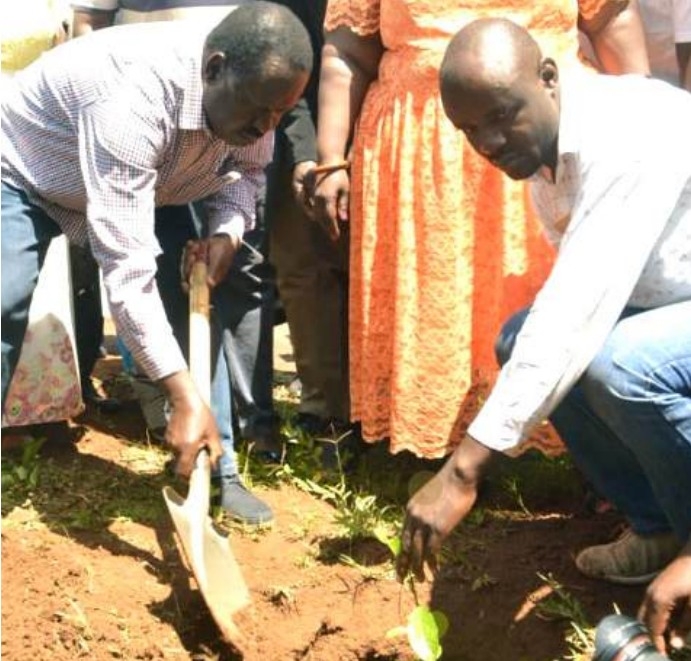 Willy Mutai, the CEO of the Tea Board of Kenya/FILE
Willy Mutai, the CEO of the Tea Board of Kenya/FILEKenya's tea sector is set to explore global branding through Geographical Indications (GI).
Kenya tea stakeholders are partnering with the French Development Agency (AFD), the French Embassy in Kenya, and Equity Group to support an ongoing feasibility study on GI.
Willy Mutai, the CEO of the Tea Board of Kenya explained that GI is a tool aimed at boosting the international branding and value of Kenyan tea.
He said the study is being conducted by the Centre for International Agricultural Research for Development (CIRAD), and will run from September to December 2025.
The study is focusing on tea-growing areas around the Aberdare ranges, Mt. Kenya region and Kericho highlands.
"The findings will inform strategies for implementing GI across all tea-growing regions in Kenya," he said.
The study seeks to document the unique qualities of Kenyan teas linked to their geographic origins and explore how branding them as origin-specific products can increase value and competitiveness in global markets.
“Geographical Indications can help position Kenya tea as a world-class origin brand—protecting our farmers’ heritage while improving their earnings,” said Mutai.
He stated that if adopted, GI branding could boost farmers’ incomes through premium pricing for origin-certified teas.
"This could also strengthen global recognition of Kenya tea alongside iconic teas such as Darjeeling and Ceylon. It will also encourage sustainable production and community-based development," he said. This is in addition to fostering collaboration among growers, factories, and marketers in protecting and promoting Kenya’s tea identity.
The initiative is backed by Kenya’s Geographical Indications Act (Cap 508), the Industrial Property Act (2001), and global agreements such as WTO’s TRIPS and AfCFTA’s IP Protocol, which provide legal grounds for protecting origin-linked products.
The Tea Board of Kenya affirmed that the study will guide a national GI strategy for the tea industry enhancing quality, reputation, and value for farmers across the country.
The tea industry makes an important contribution to the Kenyan economy. Tea is among leading foreign exchange earner contributing about 23 per cent of total foreign exchange earnings and 2 per cent of the Agricultural GDP.
Annually, the country produces over 450 million kilogrammes of tea, which earn the country over Sh120 billion in export earnings, and Sh22.0 billion on local sales.
The industry supports about 5.0 million people directly and indirectly while an estimated 650,000 tea growers depend on tea making the industry one of the leading sources of livelihood in the country.
Kenya tea is renowned world-wide for its quality and safety due to adherence to the industry adherence to good agricultural practices (no pesticides or agro-chemicals); good husbandry practices and selection of high quality varieties.

















